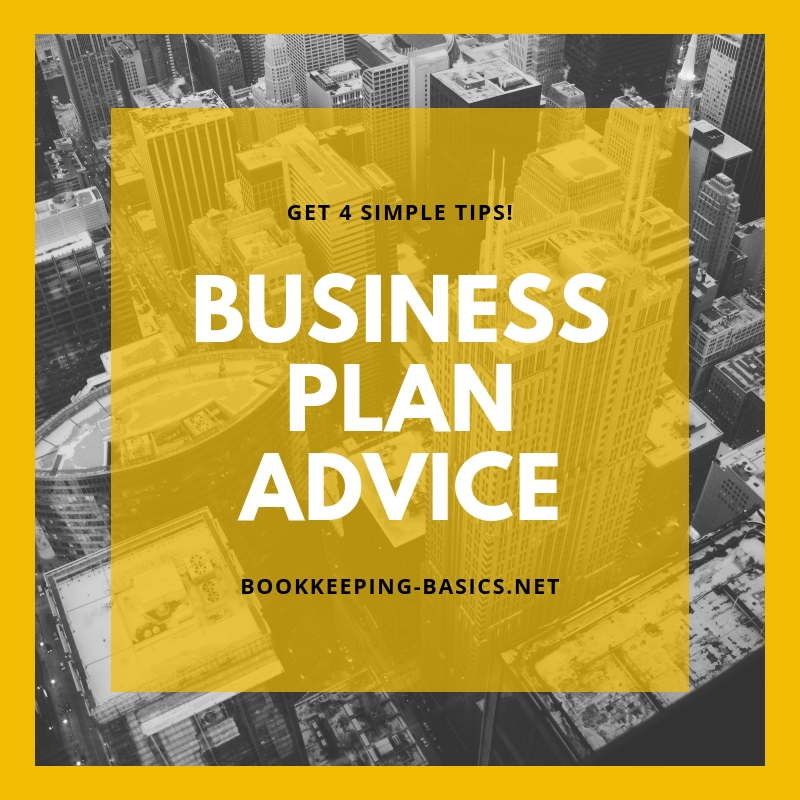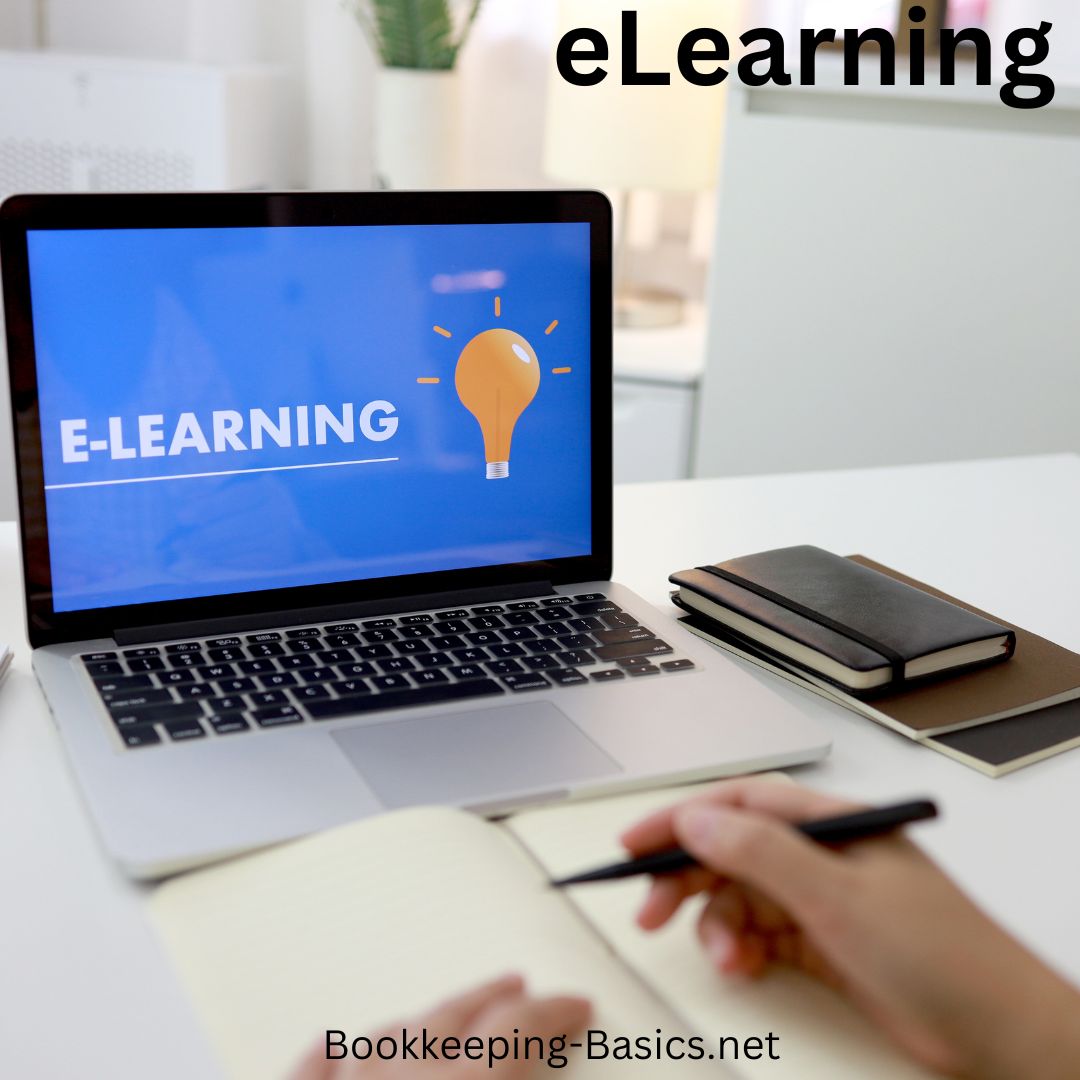- Home
- Business Accounting
- Business Plan Advice
Business Plan Advice
4 Tips To Automate Your Bookkeeping
Business plan advice refers to guidance and recommendations provided to entrepreneurs and business accounting owners on how to develop a comprehensive and effective business plan. A business plan is a written document that outlines the goals, strategies, and financial projections of a business. It serves as a roadmap for success, helping to attract investors, secure financing, and guide business operations.
According to a recent study from The Institute of Financial Operations (IFO), many businesses are struggling to keep up with the growing volume of invoices.
The good news is that there are many ways that businesses can write a plan and automate their business bookkeeping and accounting for small business.
Business Plan Advice
When creating a business plan, it's important to consider several key factors to ensure its effectiveness in guiding your business. Here is a summary of business plan advice to help you develop a comprehensive and impactful document:
- Executive Summary: Start your business plan with a compelling executive summary that provides an overview of your business concept, goals, and key differentiators. This section should grab the reader's attention and provide a concise snapshot of your business.
- Business Description: Clearly articulate your business idea, including its products or services, target market, value proposition, and competitive advantage. Describe how your business fills a gap in the market and why customers will choose your offering.
- Market Analysis: Conduct thorough market research to understand your industry, target market, and competitors. Identify your target audience, their needs, and preferences. Assess market trends, opportunities, and potential challenges. Use data and statistics to support your analysis.
- Organizational Structure: Outline your company's organizational structure, including key personnel, roles, and responsibilities. Highlight the skills and expertise of your team and explain how their backgrounds contribute to the success of the business.
- Products or Services: Describe your products or services in detail, emphasizing their unique features, benefits, and value to customers. Explain how they address customer needs and differentiate you from competitors. Discuss your development or production processes and any intellectual property considerations.
- Marketing and Sales Strategy: Present a comprehensive marketing and sales strategy that outlines how you plan to attract and retain customers. Define your target market segments, outline your marketing channels, and detail your pricing, promotion, and distribution strategies.
- Financial Projections: Provide realistic financial projections, including profit and loss statements, income statements, cash flow statements, and balance sheets. Consider your revenue sources, cost structure, and growth projections. Include contingency plans and sensitivity analysis to demonstrate preparedness for potential challenges.
- Implementation Plan: Use a business planner. Outline your implementation plan, including timelines, milestones, and actionable steps to achieve your business goals. Clearly define tasks and responsibilities, set measurable objectives, and establish key performance indicators (KPIs) to track progress.
- Risk Assessment: Identify and assess potential risks and challenges that could impact your business. Develop risk mitigation strategies and contingency plans to address these challenges effectively.
- Appendix: Include supporting documents and materials in the appendix, such as resumes, permits, licenses, market research data, legal agreements, and any additional information relevant to your business plan.
Remember to keep your business plan concise, focused, and well-structured. Regularly review and update your plan to adapt to changing market conditions, evolving goals, and new opportunities. Seek feedback from mentors, advisors, or professionals to refine and strengthen your business plan.
Business Plan Advice - Automate Books
 Business Plan Help
Business Plan HelpCharles Darwin once stated “It is not the strongest or the most intelligent who will survive but those who can best manage change.” Darwin’s quote is certainly applicable to the accounting profession.
Accountants are forced to handle a growing number of accounts, but few of them are looking for ways to improve efficiency.
Ken Brown, the executive director of the IFO, said that their unwillingness to adapt is creating a massive backlog for bookkeeping services and accounts payable professionals.
He said that even though many invoices are prepared electronically, the majority of bookkeeping and accounts payable professionals enter the data manually.
A surprising number of small business owners still receive paper invoices. Brown said that 27% of businesses receive 90% or more of their invoices on paper, while only 9% receive an equivalent number of electronic invoices.
Business Plan Advice - Bookkeeping Tips
Here are some automated bookkeeping tips every bookkeeping and accounts payable professional should consider.
Use Optical Character Recognition
Optical Character Recognition (OCR) is a technology that can pull data from invoices and copy it to other files.FreeOCR and Cuneiform OpenOCR are among the best tools on the market.
Business Computing World reports that these tools can reduce manual data entry by up to 80%.
Take Electronic Images of Invoices
Businesses can use bookkeeping business software such as DIS-Imaging to take pictures of employer invoices. This is an ideal solution in instances where the recipient of the email isn’t responsible for processing payment.
It also makes it easier to store invoices electronically so they aren’t lost in the future. Companies can further improve efficiency by investing in an OCR as well.
Look into Mobile Apps for Invoice Authorization
Most organizations require department managers to authorize accounts payable invoices before they can be sent.
These policies can cause the accounts payable process to grind to a halt if the manager is traveling or unable to respond to invoices.
Fortunately, there are a number of great invoicing apps worth looking into. Harvest, Paymo, FusionInvoice and Paper Free Billing are all free apps that can streamline the process.
Consider Electronic Payment Options
A growing number of businesses are starting to pay invoices via electronic payment gateways. Paypal reports that 106 million individuals and businesses have started business accounting and it processes over $315 million in transactions every day.
The allure of electronic payment services is becoming increasingly clear. Businesses can use it to complete accounts payable much more quickly.
They can request that their customers send electronic invoices and pay them in less than a minute by logging into their account and clicking a button.
Paypal also stores records of all invoices, which can be exported to a CSV file. This drastically reduces the time involved in the accounts payable and accounts receivable process.
Business Plan Advice - Increase Efficiency
Every business needs to seek new ways to improve efficiency. The recent study from the IFO reveals that an astonishing number of businesses still don’t realize how much time they waste not handling their business skills and bookkeeping services.
They may be able to improve their bookkeeping efficiency by 80% or more, which will be crucial as their volume of invoices grows.
They should find new ways to automate their bookkeeping when they reevaluate their business plan. Please don’t hesitate to contact me if you are interested in automating your bookkeeping and we look forward to hearing from you!
More Business Accounting Articles
- Business Plan Advice
- Business Planner
- Business Skills And Bookkeeping Services
- Business Structure
- Small Business Tax Services
- Sound Bookkeeping Principles For Businesses
Please subscribe to my monthly newsletter, Bookkeeping Basics E-zine. It tells you every month about the new information that I have added, including some great tips and advice from myself and other Bookkeeping Basics readers.
Like Bookkeeping-Basics.net?
- Home
- Business Accounting
- Business Plan Advice
















New! Comments
Have your say about what you just read! Leave me a comment in the box below.